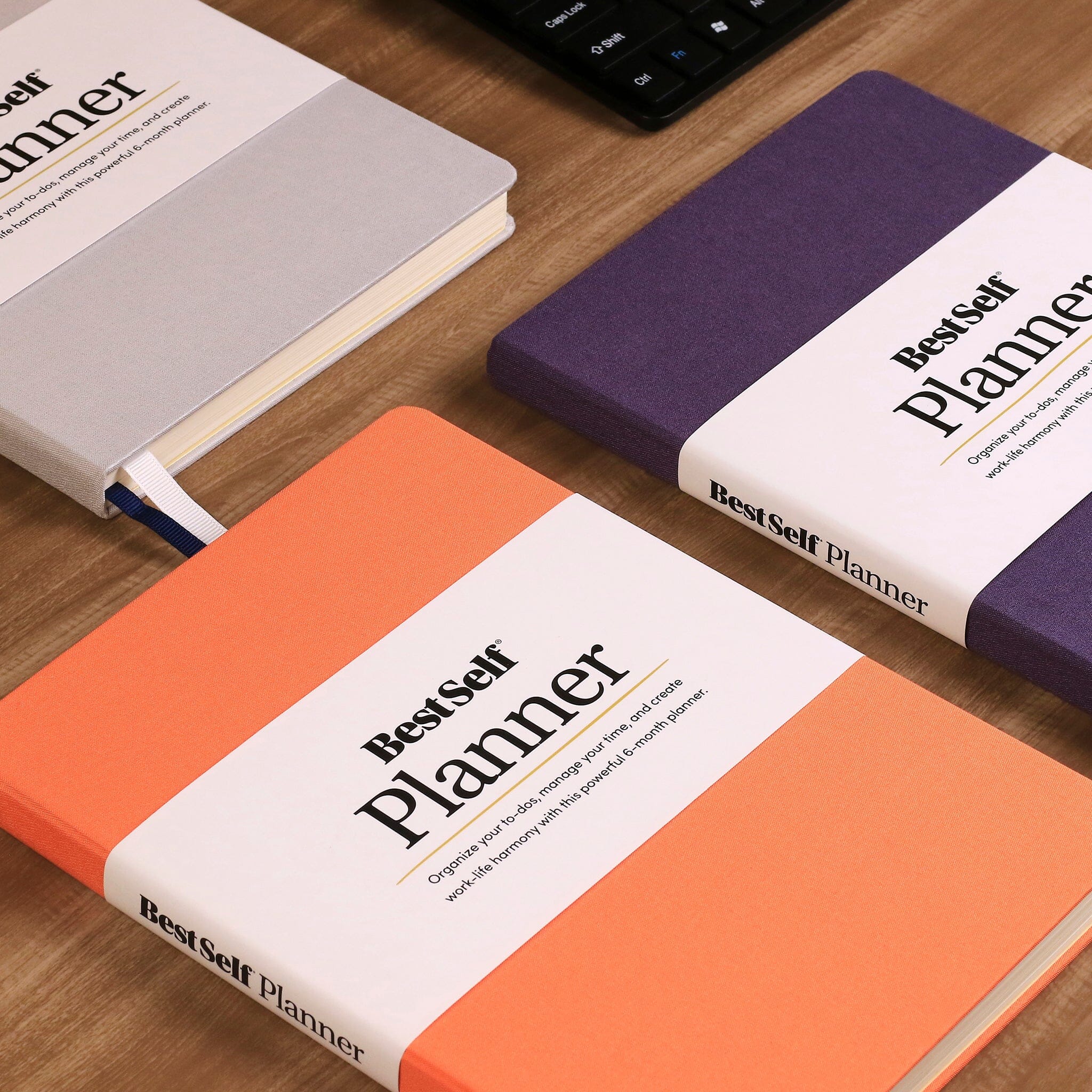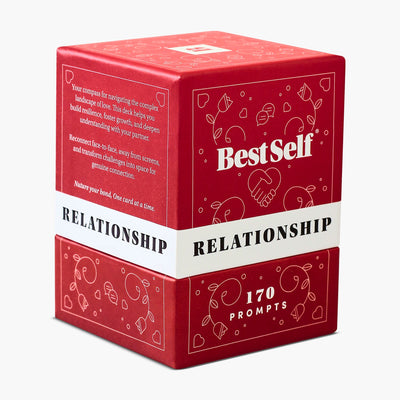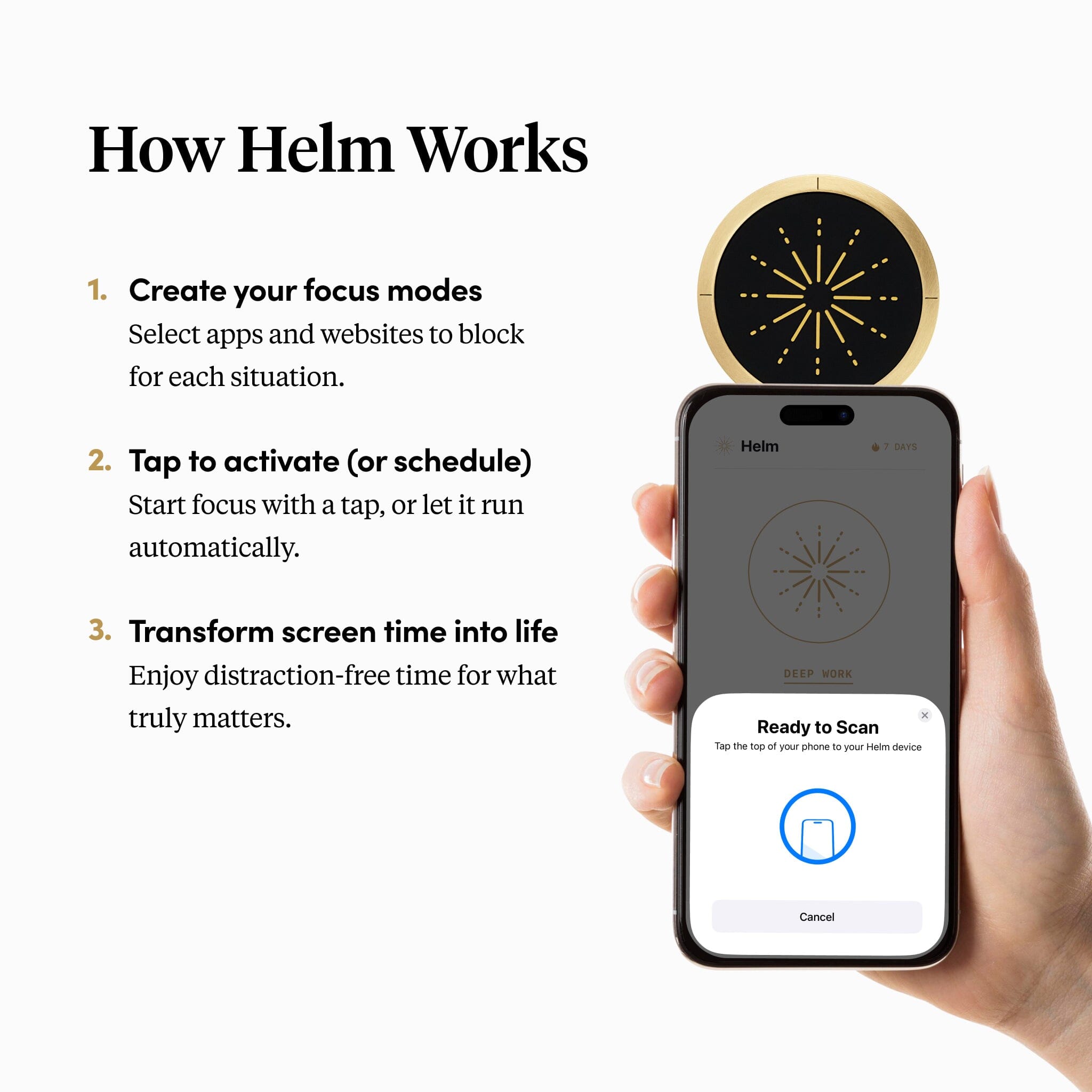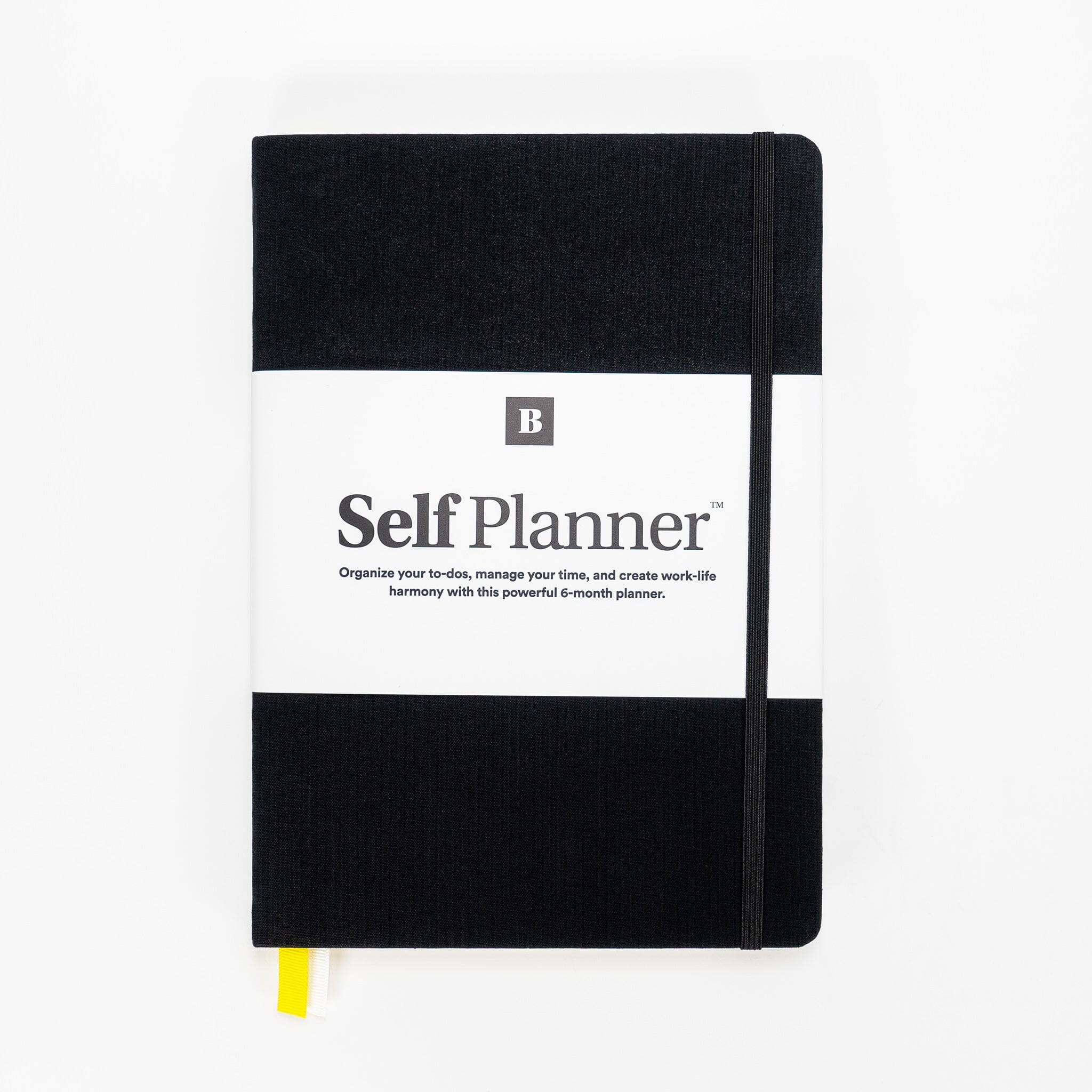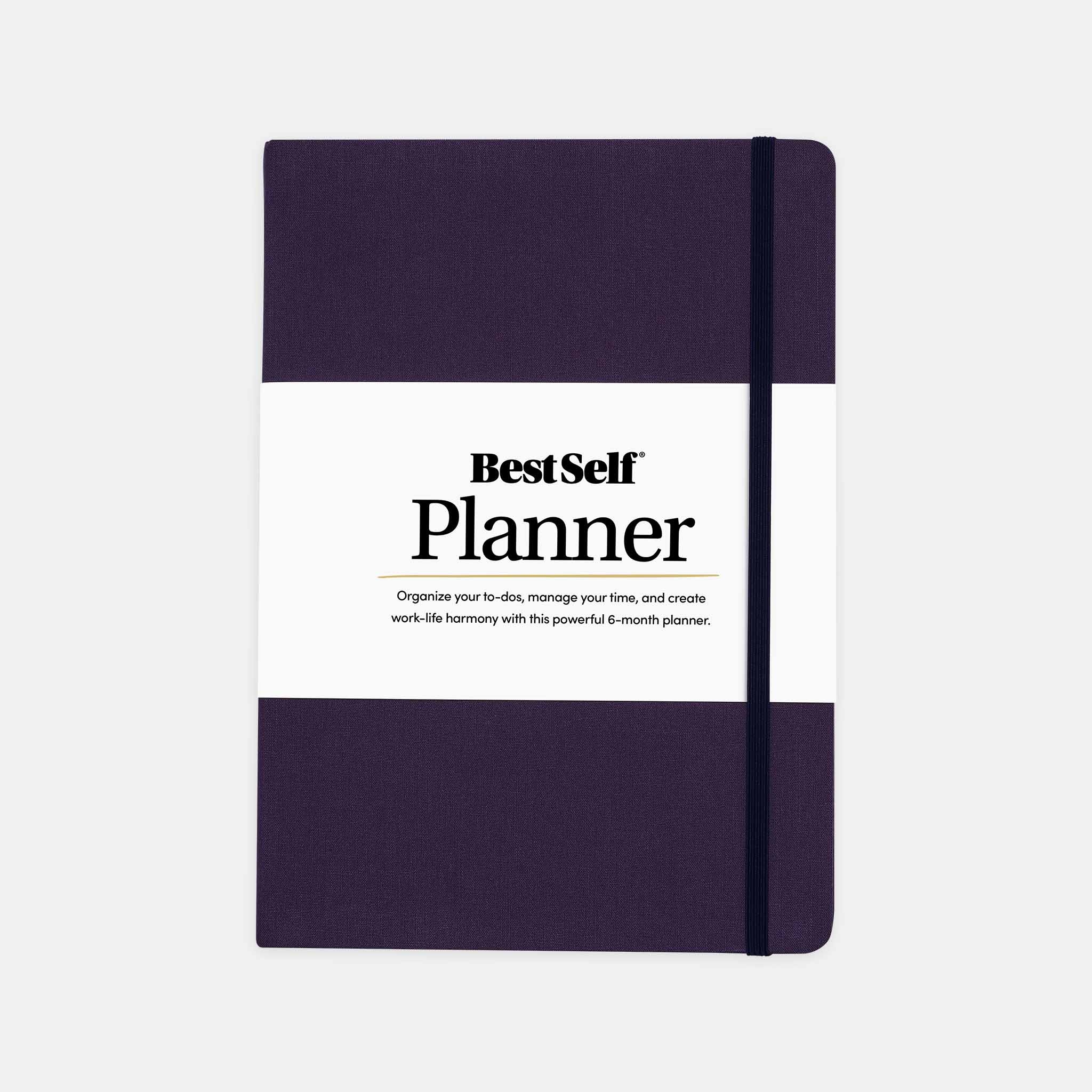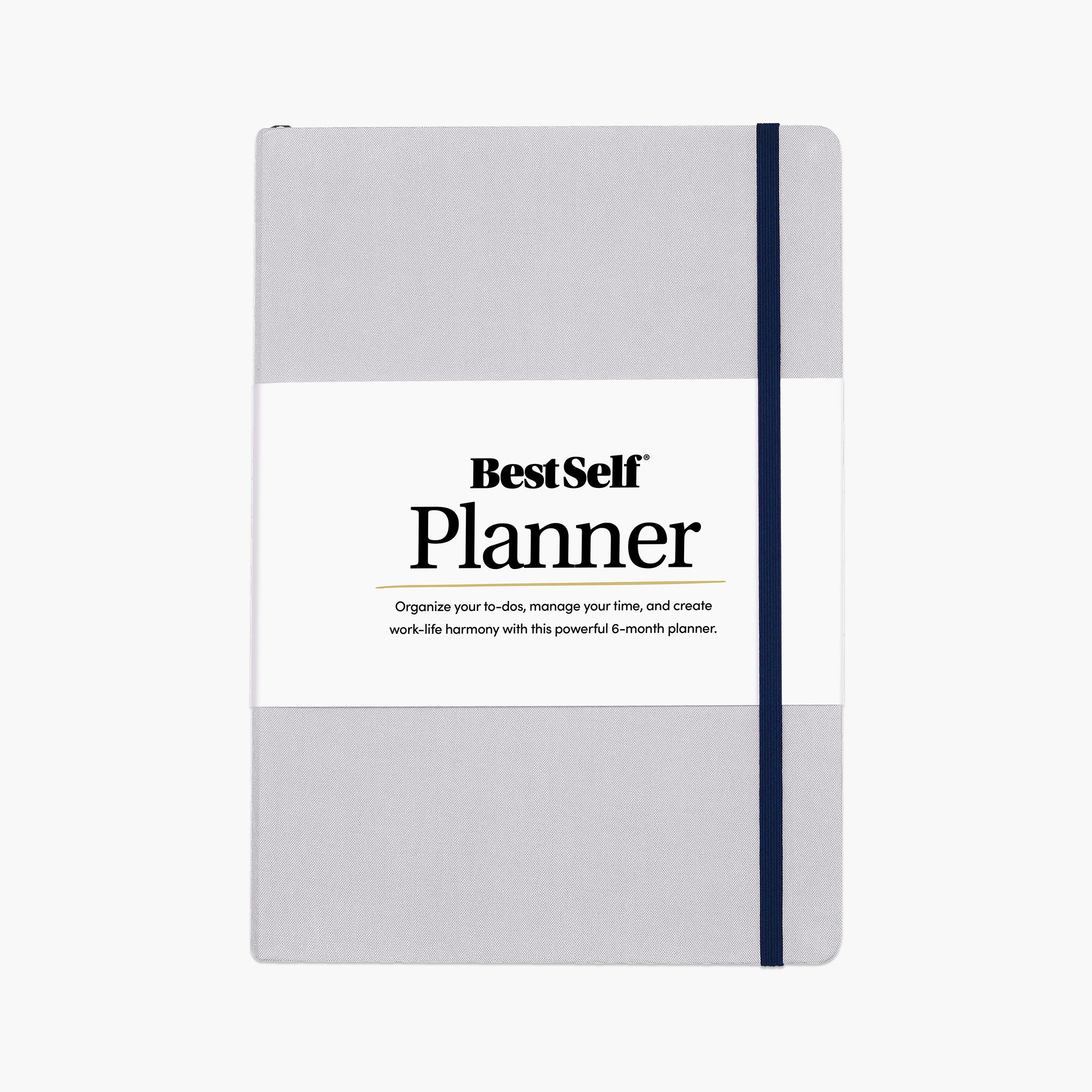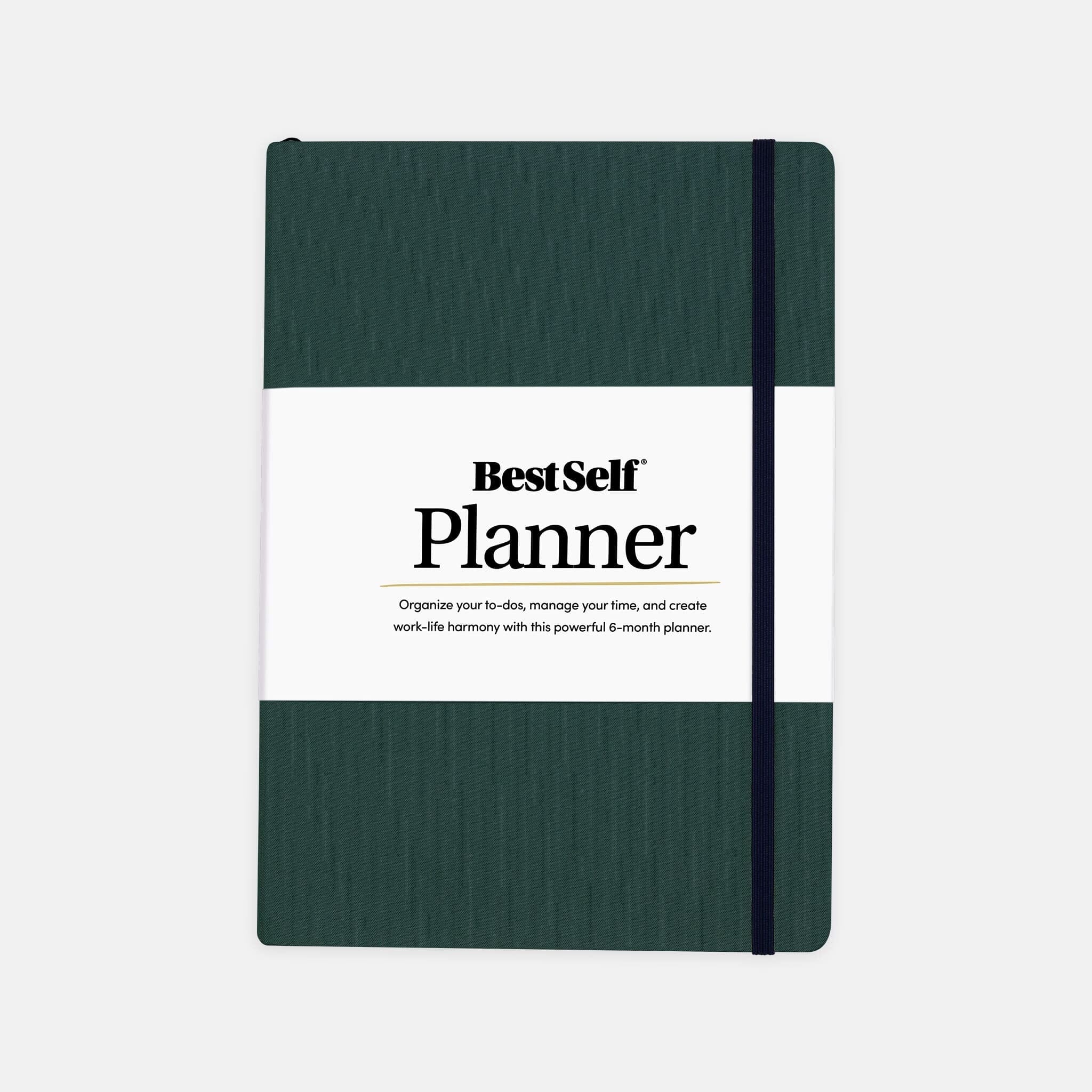“Behind every great relationship are difficult and uncomfortable questions we rarely get to see. Great relationships don’t just fall into our laps. They require people to move through their fears and insecurities and do the hard work to move wounds into healing.” - Vienna Pharaon.
What kind of questions do you choose to explore? Do you prefer simple conversations about sports, weekend plans, or the latest Netflix trend?
Or do you desire something deeper?
For example, do you want to talk about the depth of who your partner is? Do you want your partner to know you at a level you’ve not expressed to anyone before? Do you get energized by conversations that explore topics such as core values, beliefs, childhood experiences, life-changing memories, hopes, dreams, fears etc?
If you prefer the latter, you’ll love the possibility of deep conversations. Let me show you why…
What is a deep conversation?
A deep conversation goes beyond the simplicity and niceties of small talk.
It’s a conversation that peels away the layers to explore who you are, how you feel, think, and want at more profound and complex levels.
In this way, deep conversations draw vulnerability, authenticity and trust into your relationship. When you choose to go deep, you invite risks, express who you really are, and become radically honest with yourself and your partner.
This experience can feel both liberating and exposing at the same time.
Being seen and heard for who you are is an incredible feeling. Deep down, we all crave this level of visibility and acceptance. But that’s not the only benefit. The process of deep talk elevates your relationship, too, because of how much you discover about each other through the way you talk and the things you share. Deep talk creates an opening for you to get to know each other on a profound and intimate level. That feeling alone can strengthen your connection and bring you closer together.
On the flip side, deep conversations can spark visibility hangovers. It can feel uncomfortable to share something that was buried or unexplored, even to the one you love. Your partner may reveal things that feel uncomfortable to hear too. For example, if they share something you didn’t know, or expose an assumption, you’d wrongly made about them. Deep conversations can also take you into painful topics or subjects that brings back difficult memories.
But what if this discomfort became a relationship gift - because of the opportunity to grow? What if cultivating the courage and compassion to support each other through depth allowed your love to grow exponentially?
In the words of Mastin Kipp, “The quality of your life is directly related to how many uncomfortable conversations you’re willing to have.”
So if you’re ready to dive in, here are some tips for inviting deeper conversations into your partnership.
1. It’s OK to start with small talk.
First up, you don’t have to dive directly into a vulnerable topic of conversation.
Instead, you can take some time to break the ice and create a safer space. This might involve turning off your phone (so you’re not distracted by notifications). You might make a drink or explore some small talk.
Take a moment to drop into the present moment and give yourself space to get on the same page as each other. Settle in, and when you’re ready, the conversation will effortlessly go somewhere deeper.
2. Be brave enough to start a conversation that matters.
When we’re stuck in familiarity, it can be hard to know what to talk about to understand our partner better. This is where conversation prompts can be gold.
There’s something about a card being the ‘thing’ that asks the question. It helps you relax into something deeper. For example, when a card asks, there’s no hidden agenda! Your partner won’t be wondering, “why are they asking me that?!”
If you want a bank of cool conversation topics to explore, check out our decks for couples: Intimacy Deck, the Relationship Deck, and the Date Deck.
Pick a card at random or work, choose a specific topic, or work through the deck in sequence. The choice is yours. Bear in mind that the true answer is often three questions deep. This means the more you explore your thoughts and feelings, the more you’ll get to discover. So feel free to ask clarifying questions along the way. The deck is here to spark a beginning. Where you go after that is your choice.
Here’s what some people have said about the Intimacy Deck.


3. Learn to know when you’re activated.
Deeper questions and conversions can sometimes stir up uncomfortable thoughts and feelings. This stirring of emotions can make you react in many ways. For example, sharing something vulnerable can make you feel exposed, activating subconscious fears of not being good enough.
Other times we can struggle to find our words when the subject matter is uncomfortable. You or your partner may not express themselves as clearly as they intended. In turn, this can create friction.
This is where self-awareness is crucial.
When you bring self-awareness into a deeper conversation, you elevate the level of safety you feel. For example, instead of projecting feelings onto each other, you get better at separating what’s yours from your partner’s. Remember, self-awareness is an ongoing journey. The more you look, the more you know.
As a start point, it can help to ask yourself how much truth and vulnerability you can handle and how much authenticity you expect? Your level will likely expand over time. This is because deeper conversations allow you to get more familiar with who you are. You can come to know your edges, what triggers you, what feels comfortable and what doesn’t.
Self-awareness will empower you to respond instead of reacting when a question or an answer triggers you. If unfamiliar or uncomfortable feelings arise, take a pause. A deep breath is a small, but simple way to gather yourself before answering.
We always have a moment of choice between a trigger and a reaction. When you give yourself space before reacting, you’ll be able to respond intentionally. In turn, you’re less likely you’ll say something you regret later!
4. Work on increasing your emotional intelligence.
In the words of queen_phire, “healthy relationships include uncomfortable conversations.”
Deep conversations are a great way to elevate your emotional intelligence, i.e. your ability to perceive, manage, and regulate your emotions.
Some things to watch out for:
• Can you handle your feelings without lashing out?
As well as answering questions, you and your partner can talk about how you feel as you answer the questions. The more comfortable you become with your own feelings around each other, the stronger your bond becomes.
5. Lean into the love you feel for each other
Deep conversations hold an opportunity to deepen our connection in so many profound ways. Even the more difficult discussions can strengthen our bond - because who will you be on the other side once you’ve navigated a difficulty?
There may be moments of discomfort, but this can morph into an opportunity for growth and deeper connection. Hold this affirmation in your heart: When you’re committed to your love and your relationship, you can work through almost anything.
What will you and your partner talk about next?
Conversations are incredible ways to open the door to deeper love, connection, and intimacy.
Where will your next conversation take you? It’s an exciting prospect, right?





